Self-Care for Chronic Illness
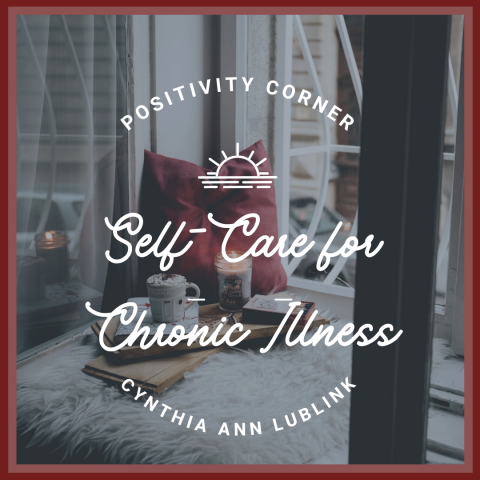
Image by Alisa Anton on Unsplash
For me, engaging in self-care for chronic illness has been a long journey. I have an extensive medical history, that includes cancer, fibromyalgia, and Lyme disease. The Lyme took a while to catch, so it went untreated. I am also a surgery survivor, having had twenty-nine of them. (I share this brief synopsis so you can understand a bit of what my body has been through.)
I passionately believe in sharing stories, not comparing stories. Each of us is on our own journey. If we can glean encouragement from someone else’s journey, we may find our brave for the journey we are on.
In my mind and heart, I begin with the premise that I am not a victim of anything. Yet, for clarification and transparency, that does not mean that things haven’t happened to me nor that things haven’t been hard. Some things were so difficult I didn’t know if I’d survive the pain of them. And all these things required various levels of time to settle down or heal.
I have found that because of my history, on some level, a type of denial emerges that overlooks my body’s needs. It’s a type of survival (coping mechanism), not neglect. This is where I have needed to learn balance.
At some point early on, I realized that I cannot live in the mental/emotional place my body demands of me. It takes me a minute or two to connect the dots on what my body is responding to and what I need to do to self-care. It is not comfortable for me to be in “pay attention” mode, which is the first position of self-care.
Self-care is about giving our bodies and minds time to regroup, stop reacting, and return to whatever our normal is.
I feel one of the most important things about self-care is understanding that it is not about fixing. Many well-intentioned loved ones try to “help” by making the “have you tried this or that” suggestion, which translates to “you need to be fixed”.
If chronic illnesses were fixable, we would fix them. But they are not. And that has to be okay. We have to keep living and trusting ourselves to know our bodies and know what’s best for them.
Sometimes we want to do something that will cost us recovery time. Please do not discourage us from doing anything merely because we will need recovery time. I understand it is hard seeing us in pain. Sometimes we just need to do these things. Other times, we do need to say “no” to things. This is part of us not being a victim but feeling empowered to choose. How you respond indicates where you are on this journey with us.
This is the give and take of living with chronic illness.
Real help is coming alongside and asking, “How can I help”? “Can I draw a hot bath or shower”? Or even saying, “What a great day! We got a lot accomplished. What do you need to recover”? Or sitting in quiet solidarity with us. These are supportive self-care questions and suggestions that help. They are not fixes.
I am not a mind-over-matter kind of gal. I hate when that phrase is thrown out like a blanket. The principle is not an easy application to navigate when we have many roadblocks, especially when those who fling it do not have the same roadblocks. It is a conflicted type of arrogance, a mixed bag of caring, and lack of compassion that delivers those platitudes.
Trust me when I say, we do not wish anyone a moment of what we endure in these bodies. But like most things, you can’t know what this feels like mentally and emotionally, let alone physically, until/unless you walk a day in our chronically ill bodies – forget the shoes.
And it is not that we want to reserve this for ourselves in some special “you don’t understand” way either. We have seen and experienced how the lack of compassion adds to the irrational guilt we already live with, along with the burden our chronic illnesses demand of those who love us. It is a horrible cycle.
Yet, the burden and guilt can be lightened when we choose to be honest with this reality. We must acknowledge this isn’t something anyone wants in their life, but it is something we can learn to navigate together.
To the people who love us, we know the stress, burden, and weight this has placed on you. Your ability to walk this road with us adds to the many reasons we already love you. So, thank you for coming alongside us.
To other chronically ill warriors, as much as we need safe spaces, we need to be a safe space for the people who love and care for us. We need to be able to hear their burden without allowing it to add to the sense of burden and guilt we already endure.
Here’s how I do it: I understand that there is enough room for all the feelings. It is not one versus the other, nor is it that one is more important than the other. We all just are.
Our feelings aren’t equivalent to blaming anyone personally. Remember, if we could be fixed, we would be. It is as with the rest of life: we navigate this together. Sometimes, one person’s need is greater and that must be heeded. This greater need may be that of those who love and care for us.
It is difficult to talk about this subject and not acknowledge that there are people who sadly live their lives as victims. Life is a series of personal choices. I learned in Twelve-Step groups that some are constitutionally incapable of making choices to change. These folks do not have the tools to engage in life differently. I acknowledge this challenge exists and that makes everything above a more difficult journey, not only for the person who suffers, but for the person who loves them. And that is heartbreaking.
Yet I do believe there is hope for all of us.
I am a huge proponent of counseling. I have engaged in counseling over the years, it has been immensely helpful. If you have endured chronic illness or have loved ones and find yourself struggling, I suggest counseling. There are chronic illness therapists and support groups. Please consider adding this to your arsenal of self-care tools.
Please know, if you need help along the way, there is no shame, it’s part of self-care for everyone.
(The only thing I would warn against is any kind of support group that merely becomes a place to gripe or feed off your illness or the illness of others. Yes, this is a thing, so beware.)
Chronic illness is difficult. Many times it has seasons when we need to be more engaged in self-care than others.
Knowing we are not alone on the journey takes away the isolation that some of us can feel. We are not without tools that help us manage and care for ourselves and those we love. We can and do live full productive lives.
It may look a little different, but humanity is full of “different.” So love your different. It makes you wonderfully you.
Need more positive thoughts on self-care? Check out these many great pieces from the MockingOwl Roost staff and contributors.
- Positivity Corner: Taking Classes
- Positivity Corner: Morning Tea on the Patio
- Positivity Corner: Being Edited
- Positivity Corner: Taco Tuesday…Any Day
- Positivity Corner: A Midweek Bath and Guilty Pleasure TV
- Positivity Corner: Virtual Painting Classes
Cyndi (she/her) is the mama of two grown children and Oma to eight grandchildren, all of whom she adores. She’s a biker chick with a lady’s heart and thirty-nine tattoos that tell some of her life story. Not just a cancer survivor, she’s a life thriver. She also loves painting, and finds the process similar to solving math equations. She has been a writer/poet since the age of nine, her first poem being about God’s Hands. She wrote for Christian Biker Magazine for five years.
You can follow her on Facebook for more inspiration on a regular basis. Email her at: cynthialublink@mockingowlroost.com


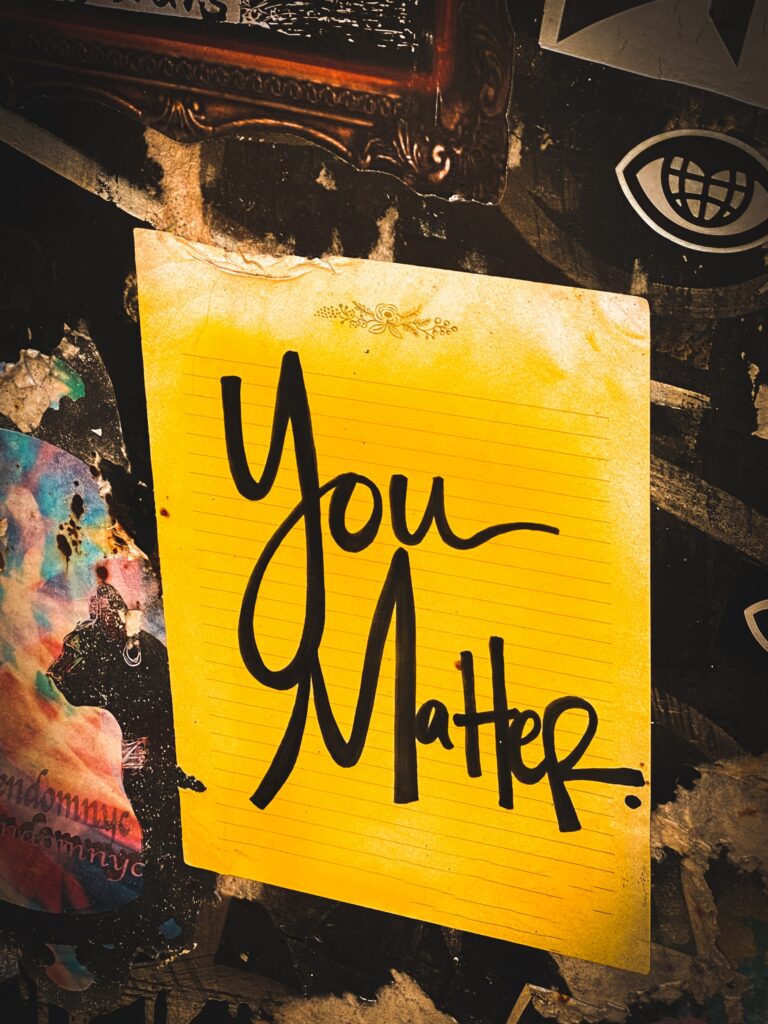
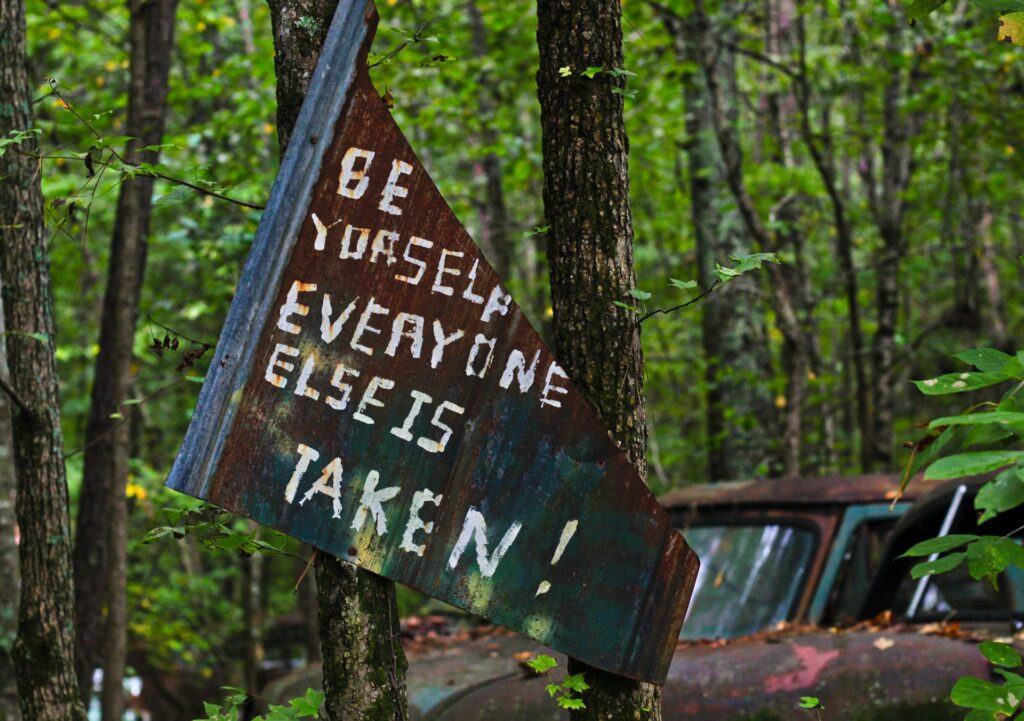
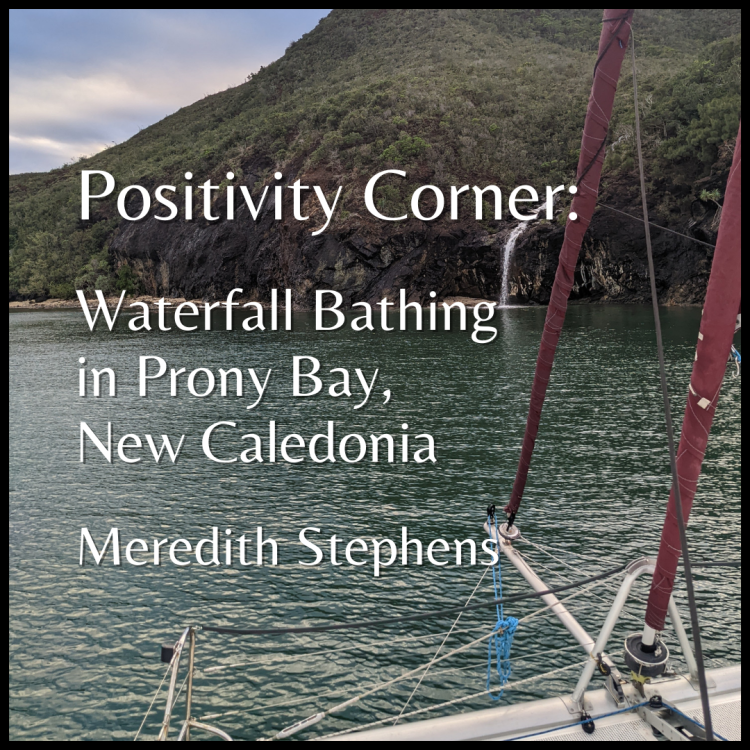
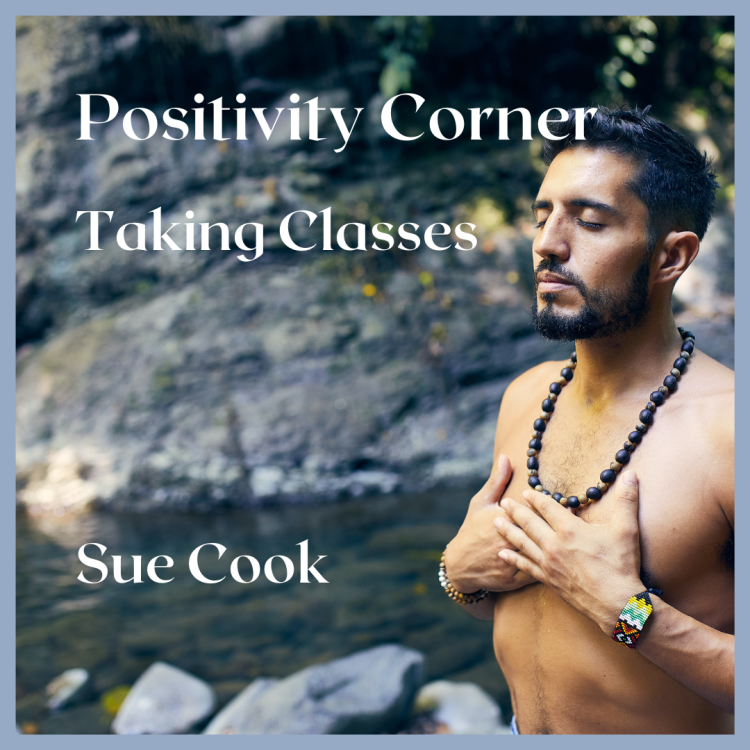
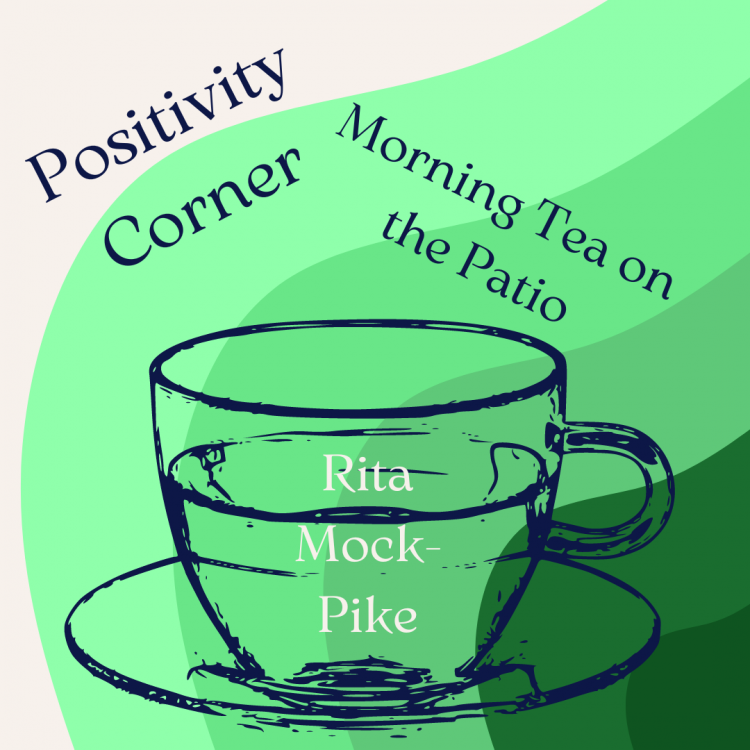
6 Comments
[…] find baths relaxing. Until my thirties, I thought they were a waste of time. I didn’t think investing in myself in such a way was important or worth […]
[…] do anything about it. She wants to say something about feeling helpless all the time and wanting to take care of other people the way she hadn’t her Mother. But she feels guilty for feeling this way. For […]
[…] Self-Care for Chronic Illness […]
[…] Self-Care for Chronic Illness […]
[…] Self-Care for Chronic Illness […]
[…] Self-Care for Chronic Illness […]